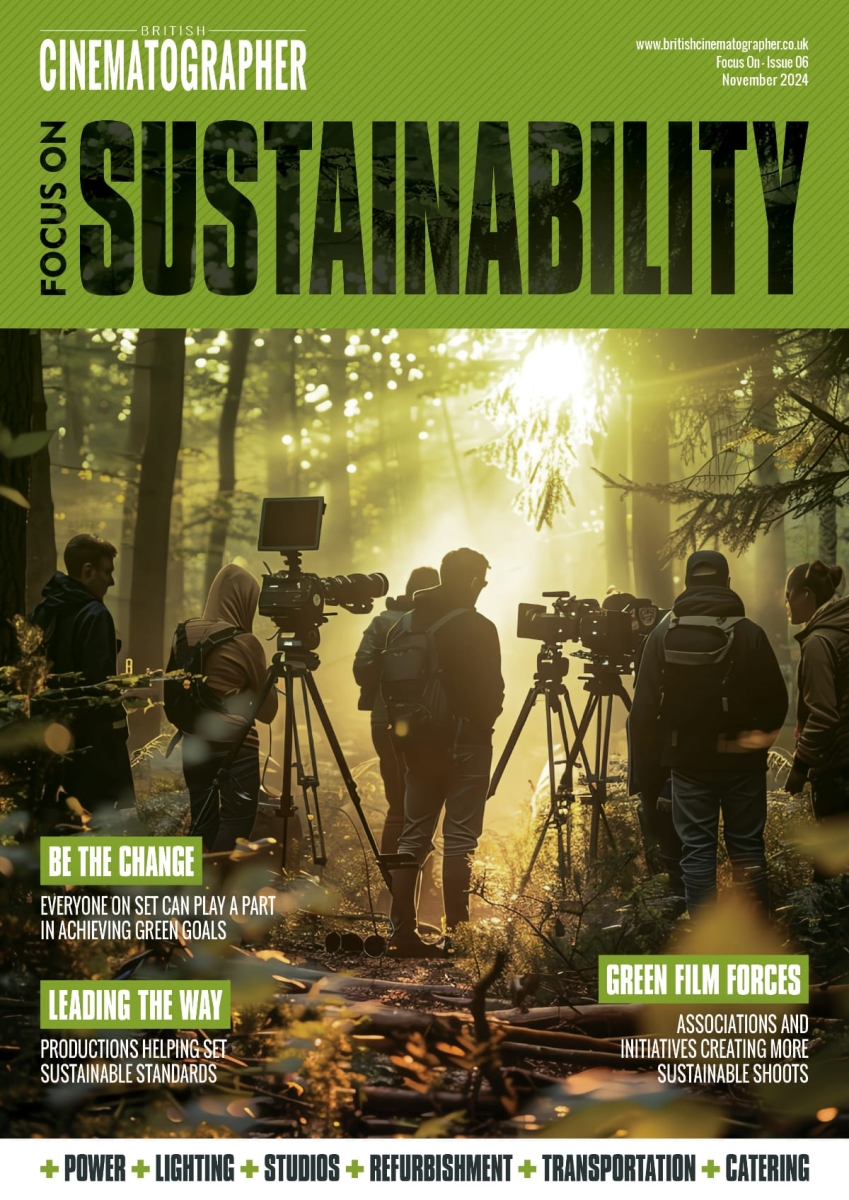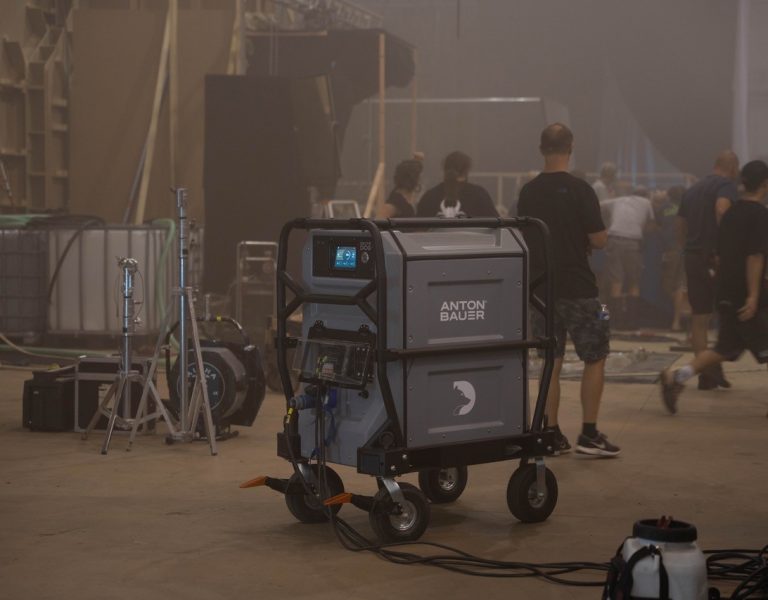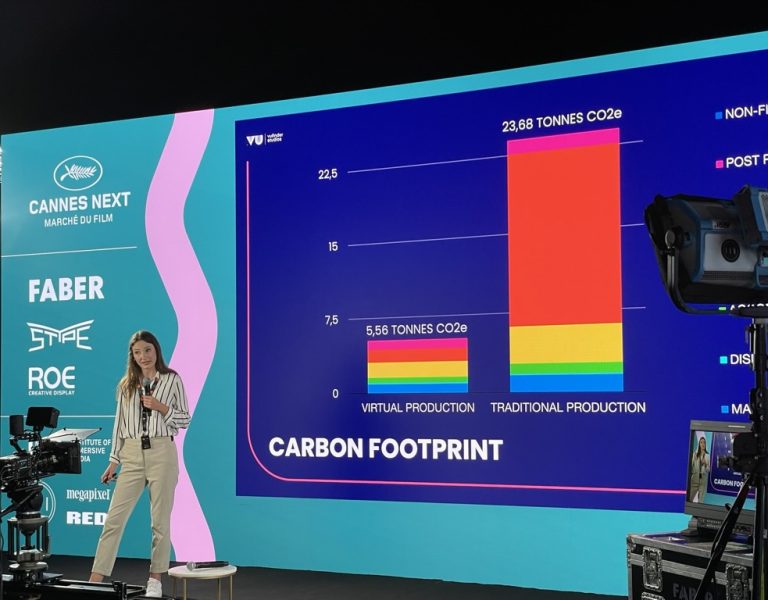COLLABORATION: THE KEY TO THE FILM AND TV’S INDUSTRY’S SUSTAINABILITY
The film and TV industry must embrace collaboration and innovation to overcome significant sustainability challenges and drive meaningful change.
In an industry renowned for creativity and innovation, the film and TV sector faces a significant challenge in sustainability. The environmental impact of production processes—from energy consumption to waste generation—is substantial. The solution lies not just in individual efforts but in intelligent collaboration, which is intrinsic to our daily operations.
Pooling resources for sustainable production
One of the primary benefits of collaboration is the ability to pool resources. Imagine multiple productions sharing sets, costumes, and props. This would drastically reduce the need for new materials and minimise waste. Similarly, when production companies work together, they can negotiate better deals for renewable energy sources or sustainable materials, making these options more affordable.
The complex path to sustainability
The journey towards sustainability requires a shift in traditional practices, which can be challenging in an industry driven by tight schedules and high costs. This is where collaboration becomes crucial. No single entity—be it a production company, a guild, or an individual—can tackle these challenges alone. Collective efforts are essential to create systemic change and foster a vibrant community committed to sustainability.
The role of the Sustainability Committee
Collaboration is at the core of the Sustainability Committee for The Production Guild of Great Britain (PGGB), which I am proud to chair. Our committee is composed of experienced individuals from various roles across the industry, all committed to supporting and influencing the PGGB’s influential members. Our webinars and resources page offer key production personnel the opportunity to explore essential sustainability topics in depth.
The annual Sustainability Behind the Lens event
While digital resources are valuable, our annual in-person event, Sustainability Behind the Lens, plays a unique role in driving the sustainability agenda forward in the industry. There is immense value in face-to-face interactions and the opportunity for people to come together. This event highlights the outstanding work our suppliers are doing across the industry. It offers a fantastic opportunity for productions to learn about the best and latest solutions. Equally important is supporting the crews on the ground. As a sustainability consultant with Sustainable Film, I often ask people to change their methods or try new technologies. For many, this poses a significant risk to their reputations if things don’t go perfectly the first time. Therefore, we wanted to create an environment where crew members can see and experience the potential of new technology for themselves.
Fostering a community of sustainability
These events provide a platform for industry professionals to connect, exchange ideas, and develop partnerships. The face-to-face interactions fostered in such settings can lead to more meaningful and long-lasting collaborations. Furthermore, these events help build a sense of community and positivity around sustainability. When individuals see that others in their industry are making a difference, it can reinforce their own efforts. It creates a collective momentum that drives positive change on a larger scale than individual actions ever could.
Positive action
Sustainability Behind the Lens is designed to inspire and empower individuals to take positive action. The Sustainability Committee’s commitment to collaboration ensures that as the industry continues to evolve, these collective efforts will be essential in creating meaningful change on our route to a long-lasting, sustainable industry.
–
Amelia Price is the chair of the Sustainability Committee, Production Guild of Great Britain (PGGB), sustainability consultant, co-founder, Sustainable Film, AIEMA, and co-founder, The Generator Project.



















Comment / David Raedeker BSC / member of the BSC sustainability committee